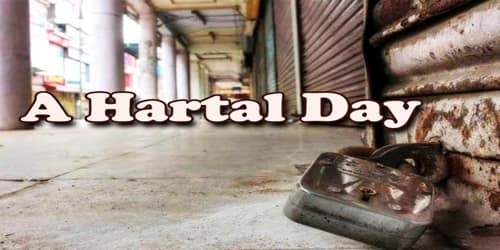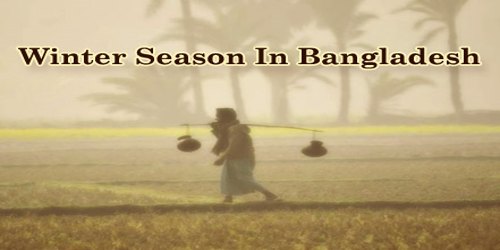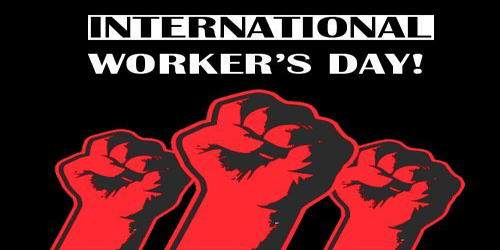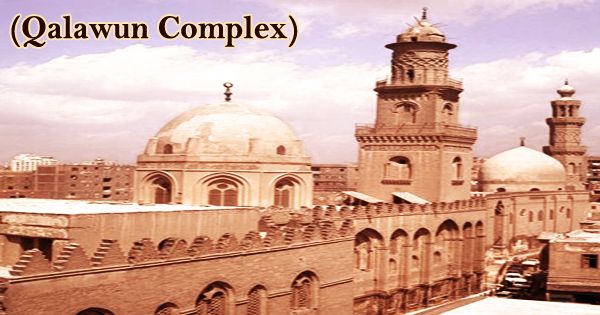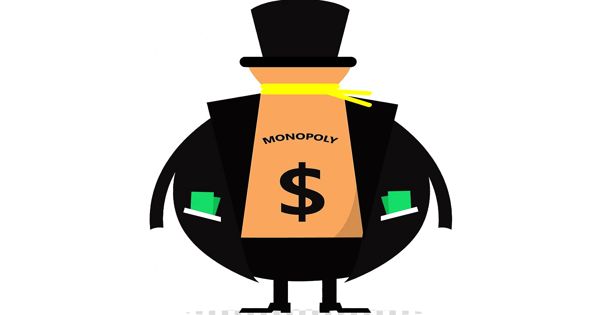“Hartal” means the suspension of all important daily works. It is a term in many South Asian languages for strike action. It may be observed in a region or even throughout the country. Generally, political parties or labor organizations call hartal on a particular day to realize their demands from the ruling government. When dissatisfaction grows among the oppositions, hartal is observed to compel the authority to get their demands fulfilled. Hartals are still common in Bangladesh, Pakistan, India, and in parts of Sri Lanka. On a hartal day the normal activities of educational institutions, offices, courts, markets, industries, etc. often remain closed. The movements of vehicles on roads are stopped. Some special vehicles, like ambulance, newspaper and dead body carriers are allowed to run in the streets. Sometimes on a hartal day, the picketers of the pro-hartal party remain very active at different points of the cities. They create panic by exploding crackers, bombs, etc. and burn tires or vehicles. Police sometimes throw tear gas on an unruly mob to disperse them. Even loss of lives may occur on a hartal day. Serious damage to properties may also occur. So it has an adverse effect on our national life. On a hartal day, people normally stay at home and pass their time idly. But the government servants have to attend their offices. During hartal motor-vehicles do not run on roads, people move on foot and sometimes rickshaws are permitted to ply on roads. It is a serious threat to the growth of our economy. Therefore, hartal should be avoided for the greater interest of the nation. People from all walks of life undergo a lot of sufferings because of hartal.
A Hartal Day
